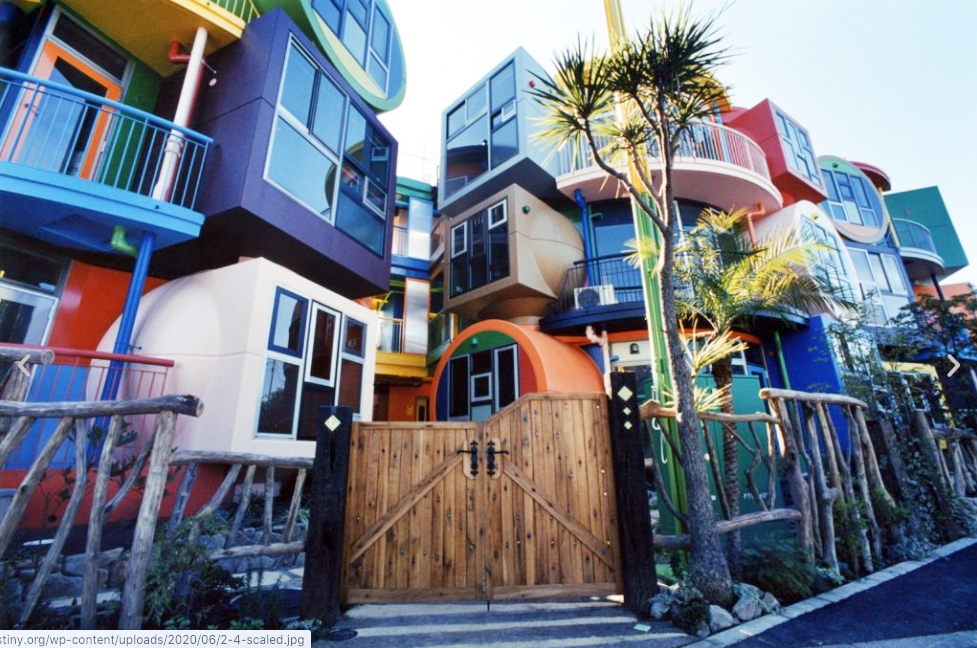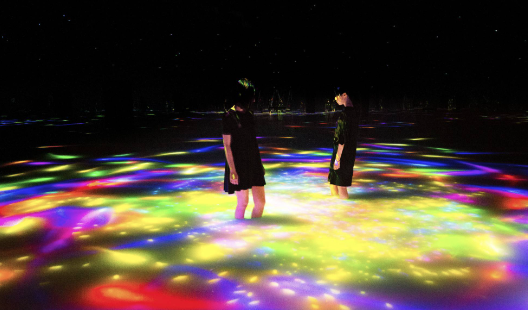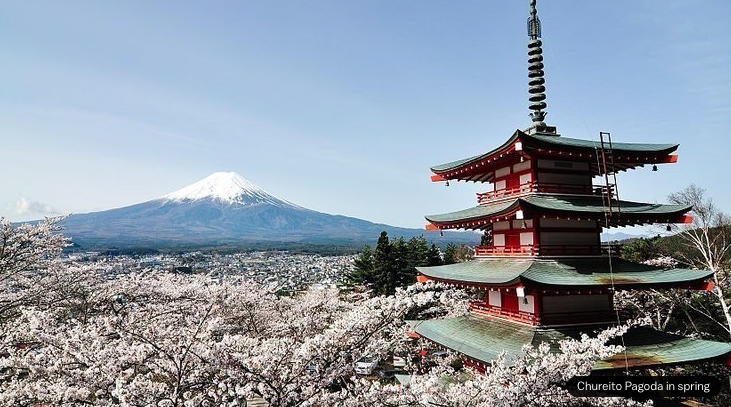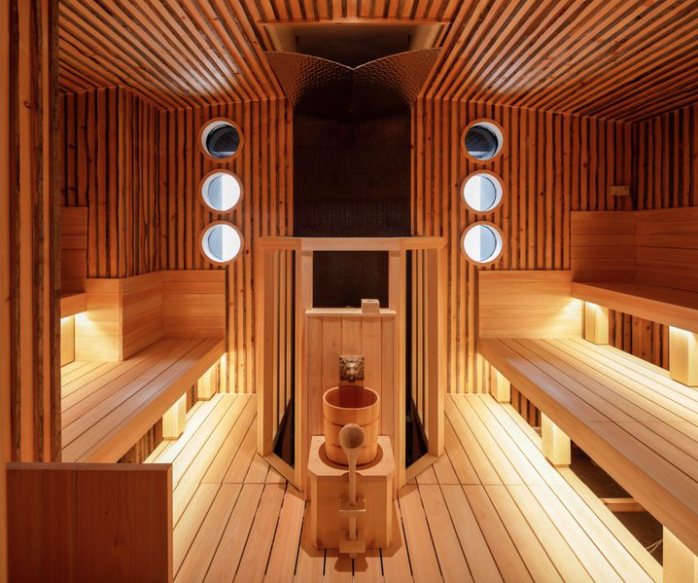In this post, we are ranking the best antenna shops in Tokyo. In Japan, an Antenna Shop refers to a specialized retail store showcasing products from specific regions or prefectures within the country. These shops offer a diverse array of goods, including food, beverages, crafts, cosmetics, and souvenirs unique to a particular area. Exploring these shops is an excellent way to immerse yourself in the diverse products of Japan without leaving the capital.
Hokkaido Dosanko Plaza Yurakucho
As the name suggests, here you will find an array of famous Hokkaido products. From sweets to marine products, livestock goods to agricultural produce, dairy items to alcohol, and beyond. Don’t miss the Rookies Stage, showcasing new products for a limited time. Plus, indulge in freshly made Hokkaido soft-serve and croquettes, perfect for grabbing on the go.
Address: 2-10-1 Yurakusho, Chiyoda, Tokyo
Miyagi Furusato Plaza
The Miyagi Prefecture antenna shop opened in 2005 at the east exit of Ikebukuro Station. It offers a diverse range of over 1,300 specialty products primarily from Miyagi Prefecture, including food and alcohol, on its first floor. On the second floor, you can explore a tourist information corner and a restaurant serving authentic grilled Sendai beef tongue. Additionally, there’s a seasonal kitchen (takeout corner) where freshly prepared Miyagi delicacies await, such as bamboo kamaboko, zunda mochi, shark fin soup, and hoya.
Address: 1-2-2 Higashiikebukuro, Toshima, Tokyo
Miyazaki Prefectural Product Center KONNE
KONNE, deriving its name from the Miyazaki dialect’s word for ‘welcome,’ embodies the essence of hospitality. This shop specializes in offering an array of processed products sourced from Miyazaki Prefecture’s rich agricultural, livestock, and marine resources. Here, you can explore a variety of offerings including shochu, wine, and crafts, renowned for their exceptional quality and highest shipment volumes in Japan. Moreover, KONNE features a dedicated sightseeing corner where knowledgeable consultants will offer you valuable insights and assistance for planning trips to Miyazaki.
Address: 2-2-1 Yoyogi, Shibuya, Tokyo
TurnTable
TurnTable distinguishes itself as more than just a shop. It’s a comprehensive experiential facility embracing the theme of an “urban auberge.” Boasting a restaurant, market, and accommodation options, all showcasing a menu spotlighting Tokushima ingredients. Particularly noteworthy is the lunch experience, which includes not only a delectable main dish but also unlimited soft drinks and access to a fresh vegetable buffet. Through its culinary offerings and lodging amenities, visitors can fully appreciate Tokushima’s allure. Moreover, the interior design features materials unique to Tokushima, such as cedar wood sourced from the prefecture, indigo-dyed noren and decking, and blue stone from Kamiyama, adding an authentic touch to the ambiance.
Address: 10-3 Shinsencho, Shibuya, Tokyo
Gifu Hall
Gifu Hall is a multifunctional space comprising a cafe, store, and event venue. It is dedicated to curating and showcasing the essence of Gifu’s people, products, and culture from a distinct perspective. It serves as a platform for disseminating Gifu’s uniqueness nationwide through various channels. You can explore a range of designed miscellaneous goods and sample delicious food crafted from carefully selected ingredients. For further immersion, try the open cafe, which offers a selection of drinks featuring Gifu-sourced ingredients, complemented by ‘Gifu snacks’. Moreover, the event space hosts various activities including talk events, dinner parties, and workshops, serving as a central hub for promoting Gifu’s cultural richness.”
Addres: 1-4-5 Ueno Sakuragi, Taito, Tokyo
Tochimaru Shop – TOKYO Solamachi
Tochimaru Shop is brimming with Tochigi’s charm. Tochigi is known for being Japan’s biggest producer of strawberries. It offers over 10 varieties of strawberries, including Tochiotome and Skyberry all year round. Additionally, it features popular products like bread from Nikko Kanaya Hotel Bakery, renowned nationwide for its quality ingredients and traditional methods, along with the local favorite, lemon milk. At the take-out corner, indulge in unique soft-serve ice cream flavors, such as Tochiotome milk gelato and ranch soft-serve ice cream. Don’t miss out on summer delights like Nikko Natural Shaved Ice and juicy cutlet steamed buns. Apart from providing tourist information about Tochigi, the shop hosts enjoyable weekend events showcasing the prefecture’s cities and towns.
Address: 1-1-2 Oshiage, Sumida, Tokyo
Naniwa No Ee-mon Umai-mon Osaka Hyakkaten
The concept of this shop is ‘Know, Taste, and Enjoy Osaka’, celebrating the city’s vibrant culture. Besides shopping, the eat-in space offers freshly made Osaka’s soul food like piping hot takoyaki and squid, accompanied by FM802 music.
Address: 2-10-1 Yurakucho, Chiyoda, Tokyo
Ginza Okinawan Washita Shop
This is Tokyo’s official Okinawa regional specialty shop. ‘Washita’ means ‘our community’ in Okinawan. The store embodies a lively Okinawan Machigua (market), fostering easy communication between staff and customers. Don’t miss the Yukishio Chinsukou pastry—a must-try made with flour, sugar, lard, and a hint of salt.
Address: 2-10-1 Yurakucho, Chiyoda, Tokyo
Hiroshima brand shop TAU
The shop spans four floors, housing three restaurants and a cafe offering exquisite dishes crafted with local ingredients. On the sales floor, discover a variety of Hiroshima specialties and experiences, including a crafts corner and professional sports goods. Additionally, on the first floor, indulge in fresh fish directly shipped from Hiroshima. At TAU shop, immerse yourself in the charm of Hiroshima through sight, sound, touch, and taste.
Address: 1-6-10 Ginza, Chuo, Tokyo










